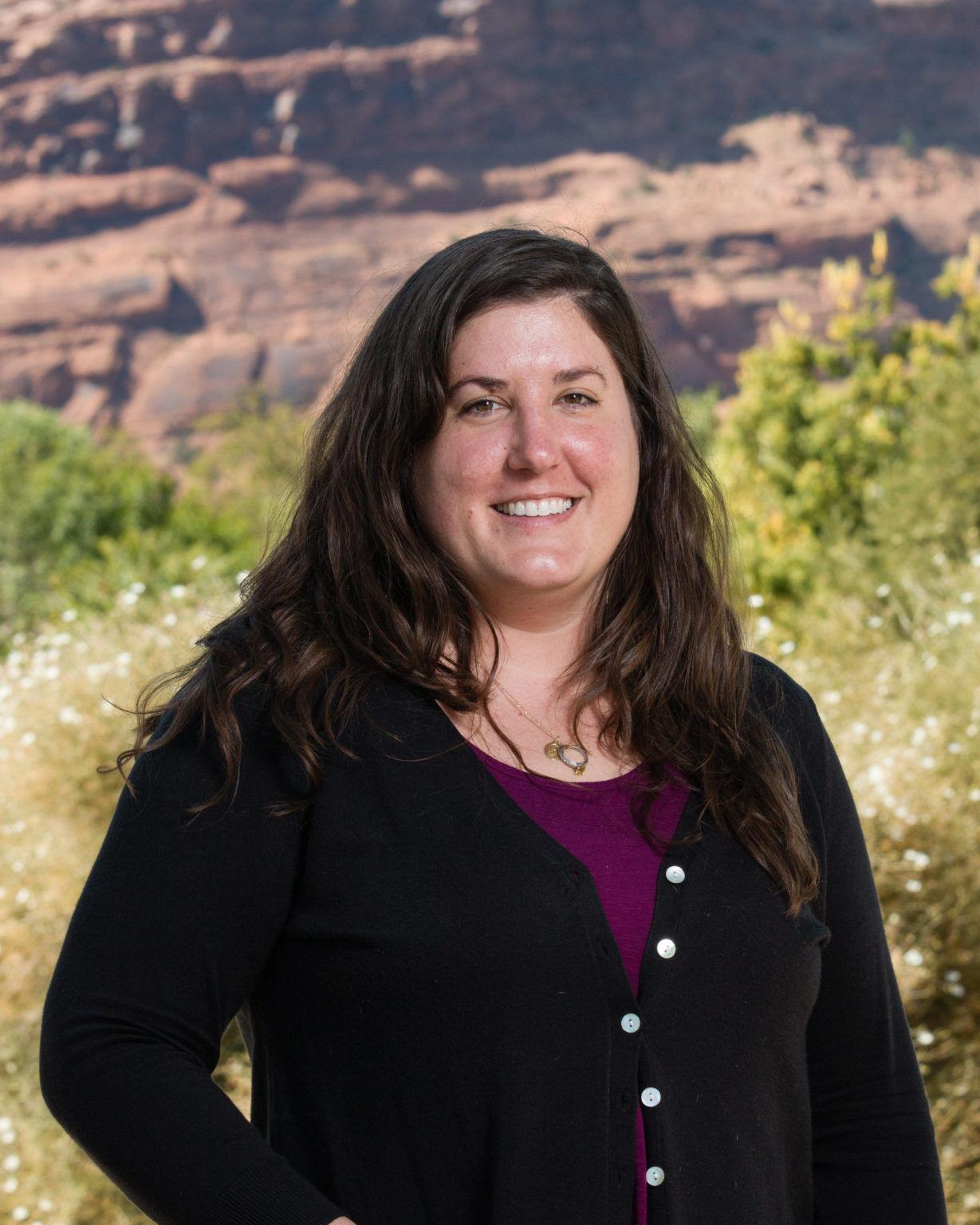Some information may be outdated.
Substance use is a part of our lives as human beings. Drugs and alcohol are used in ceremonies, religion and family gatherings. They can be used for medical purposes or purely for their intoxicating effects. Some people are exposed through prescriptions, others through casual experimentation and some in more traumatic ways. Substance use can be complicated for us as human beings, perhaps most often when we know and love someone who uses substances in unhealthy ways.
Demonizing a substance can bring problems, too. After all, some people need pain pills to function due to chronic pain conditions or cancer-related pain. However, we should learn about the risks and how to reduce the harms of any substance exposure. Even substances that caused some previously positive experiences can become twisted or dangerous.
The risks of fentanyl, a new drug trend, are worth discussing. Deaths involving synthetic, or man-made, opioids have been increasing over the last decade in the United States. In southeastern Utah, this trend has been especially devastating. The most common cause of an overdose is fentanyl.
Fentanyl is an opioid 50-100 times more potent than morphine, meaning overdoses can happen quickly and can be harder to treat. People often don’t know they are using it or they are unfamiliar with how powerful this pain killer can be. Illicit fentanyl can be pressed into pills that could be mistaken for other medications like Adderall or Percocet. Some drug dealers mix fentanyl into methamphetamine, heroin, cocaine, MDMA or other substances without telling their customers.
In Moab, new cases of fentanyl use have been seen in youth as young as 14 or 15. Even a small amount of fentanyl, the size of the tip of a pen, can cause an overdose in someone who isn’t tolerant to this drug.
Opioids like pain pills and heroin have been in the Moab community for a long time, but Moab has not suffered as many opioid-related overdoses as our neighbors to the north and south. But with fentanyl moving into our community, Moab is at risk of seeing more fentanyl-related overdoses and deaths. We should try and be prepared.
Talking with your medical prescriber is a good place to start learning the risks. If you are taking drugs illicitly, learning to start with low doses and how to test drugs for fentanyl might save your life. Even if you have been taking legitimate pain pills from your doctor for many years, it is important to know what an overdose looks like.
Know the signs: fentanyl and other pain pills as well as heroin can cause drowsiness, nausea, confusion, slowed breathing, unconsciousness and cardiac arrest from lack of oxygen. Lips can turn blue or gray and skin can be cold or clammy. Breathing can slow to the point you may hear gurgling or groaning rather than regular breaths. Ultimately, breathing may stop completely.
Naloxone, sold as Narcan, is a medication that is wise to have on hand if you use opioids or if you know someone who does. Narcan is sold by pharmacies or can be prescribed by your doctor to have in case of opioid overdose. Fentanyl is so powerful, it may require higher doses of Narcan than other opioids. Getting emergency medical help is still necessary after an overdose to ensure you do not succumb to the overdose after the Narcan has worn off. For more information about Narcan including how to get it, how to use it and additional resources I recommend visiting the website www.utahnaloxone.org.
On May 4 at 6 p.m., Moab Regional Hospital will be streaming a LIVE presentation on their Facebook page featuring Special Agent Jay Tinkler, DEA and Debbie Marvidikis, SEUHD. They will discuss the risk of fentanyl in our community and surrounding areas. In-person educational workshops on fentanyl testing and naloxone (brand name Narcan) as treatment for opioid overdose will be held on May 6 at 3 p.m., 4 p.m. or 5 p.m. at Moab Regional Hospital. For more information or to register for a workshop, please call 435-719-3771.
Fentanyl addiction, like all substance use disorders, is treatable. Just like diabetes or high blood pressure, addiction can take hold of some people given the right mix of biology, stressors and lifestyle choices. Please know we are here to connect you or your loved ones to treatment or give you information on any opioids you’re prescribed.
Be safe, Moab.
Dr. Lauren Prest is the medical director of Mental Health and Recovery Services at Moab Regional Hospital.
Appreciate the coverage? Help keep local news alive.
Chip in to support the Moab Sun News.



